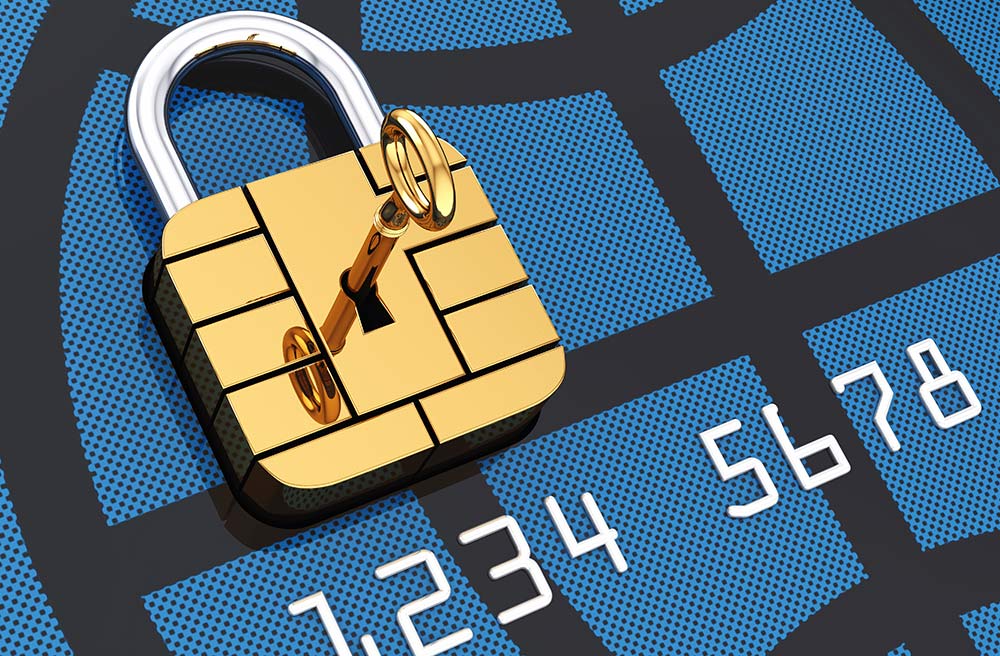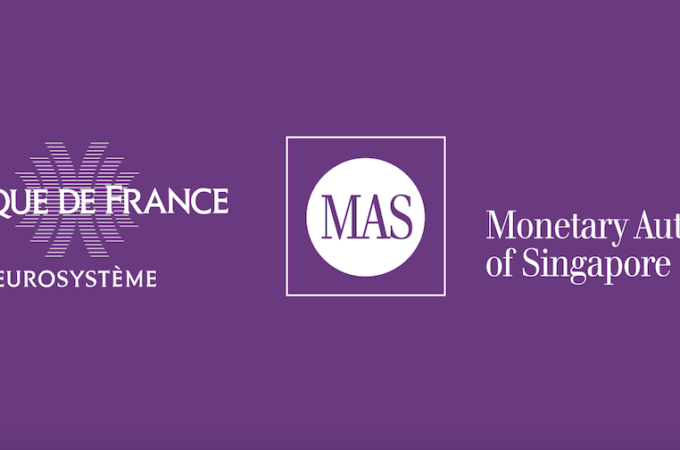
The Importance of Cyber Security in FinTech
Organizations in the financial tech industry have become dependent on having robust cybersecurity controls, and are some of the most adaptable companies you’ll find. FinTech has come leaps and bounds in recent years, offering innovative solutions to the banking risks brought about by new technology.
In handling assets worth billions of dollars, it’s vital that the sector stays adaptable and ahead of the game when it comes to cyber protection. Today we walk you through just how important it is.
The All-Digital Banks
As more of us turn our backs on traditional bricks and mortar banking institutions, we’re signing up to digital banks in increasing numbers. This move online has in turn led to encouragement from the industry to be extra diligent and take your online security seriously.
Fully digital organizations like Chime, Digit, and Level are offering a more convenient mobile banking service and have had to develop cutting-edge encryption, multi-factor authentication tools to log into your account, fingerprint payment authentications, and the ability to lock your card instantly if you lose it.
All-digital banks have to have these controls in place because any breach would be a disaster for the reputation of the industry. However, there’s only so much the banks can do. Organizations are keen to remind us that the majority of data breaches are a result of human error, so always make sure to never click on suspicious links, always access your account over a secure WiFi connection, use a strong password and keep your device updated with the latest patches.
Luckily, most digital banks have so many layers of cybersecurity protection now, that even if your device is breached, it’ll still be quite a task for an attacker to get their hands on your cash.
Fintech Regulations
It’s not just for the consumer’s benefit that FinTech companies need good cybersecurity controls, the government has hit the industry hard with regulations in recent years and it’s good to see protections being enforced. Programs like Know Your Customer (KYC) and the Anti-Money Laundering (AML) legislation have necessitated an acceleration of cybersecurity developments.
KYC procedures are mandatory in the US and ask that companies make every effort possible to identify their customers, assess their suitability to be taken on as a customer, and take into consideration the risk involved. This is largely to prevent criminal and terrorist organizations from taking advantage of financial institutions and has meant that increasingly sophisticated tools are being employed in the background.
Institutions will use credit checking agencies, business history, evidence of offenses with government bodies, and identity checkers to ensure no malicious parties are being allowed behind the gates. So, strong cybersecurity controls aren’t just nice to have; they’re a necessity to comply with FinTech legislation.
Remittances
The theft of remittances by cybercriminals has become an all too common occurrence in the industry, made worse by the onset of the Covid-19 pandemic as more consumers are moving online to complete their financial transactions.
Unfortunately, there’s not a lot that can be done to combat remittance theft, other than via education programs and reminders to be vigilant. Most cases occur via long term cons that convince victims to send cash, with only a small fraction of cases actually involving malware or viruses of any kind.
It just goes to show that old fashioned common sense is just as important as the latest cybersecurity tools.
E-Wallets
E-wallets have become the in-vogue alternative to banks these days, which work like a credit or debit card, but are entirely digitally and used online or through mobile payments. The two critical components of any e-wallet, data, and software mean that only robust cybersecurity controls are going to protect you. FinTech companies have been racing to make the claim of having the toughest controls on the market.
Most organizations state that cash in your e-wallet is much safer than actually carrying real cash, and with measures in place, like biometric authorization of transactions, multiple password requirements, and an additional pin number stage before the money leaves your account, it’s easy to see why the companies are making these claims.
Software-Defined Perimeter (SDP)
SDP enables organizations to secure access to networked systems and is becoming a vital tool for any FinTech organization that works remotely. Old-school cyber protections are no longer enough, with staff now able to access company networks from anywhere in the world. Instead, organizations are updating security perimeters for the modern age and controlling access at an individual level. This way, a company knows exactly who is logging on and when, as well as what they should be accessing, making it much easier to keep the bad guys out.
Final Thoughts
There’s no doubt that cybersecurity is going to remain the biggest risk to address for every FinTech firm in the coming years, but we can take some comfort in the fact that the industry is leading the charge to protect its customers, build trust, and stay one step ahead of the hackers.





